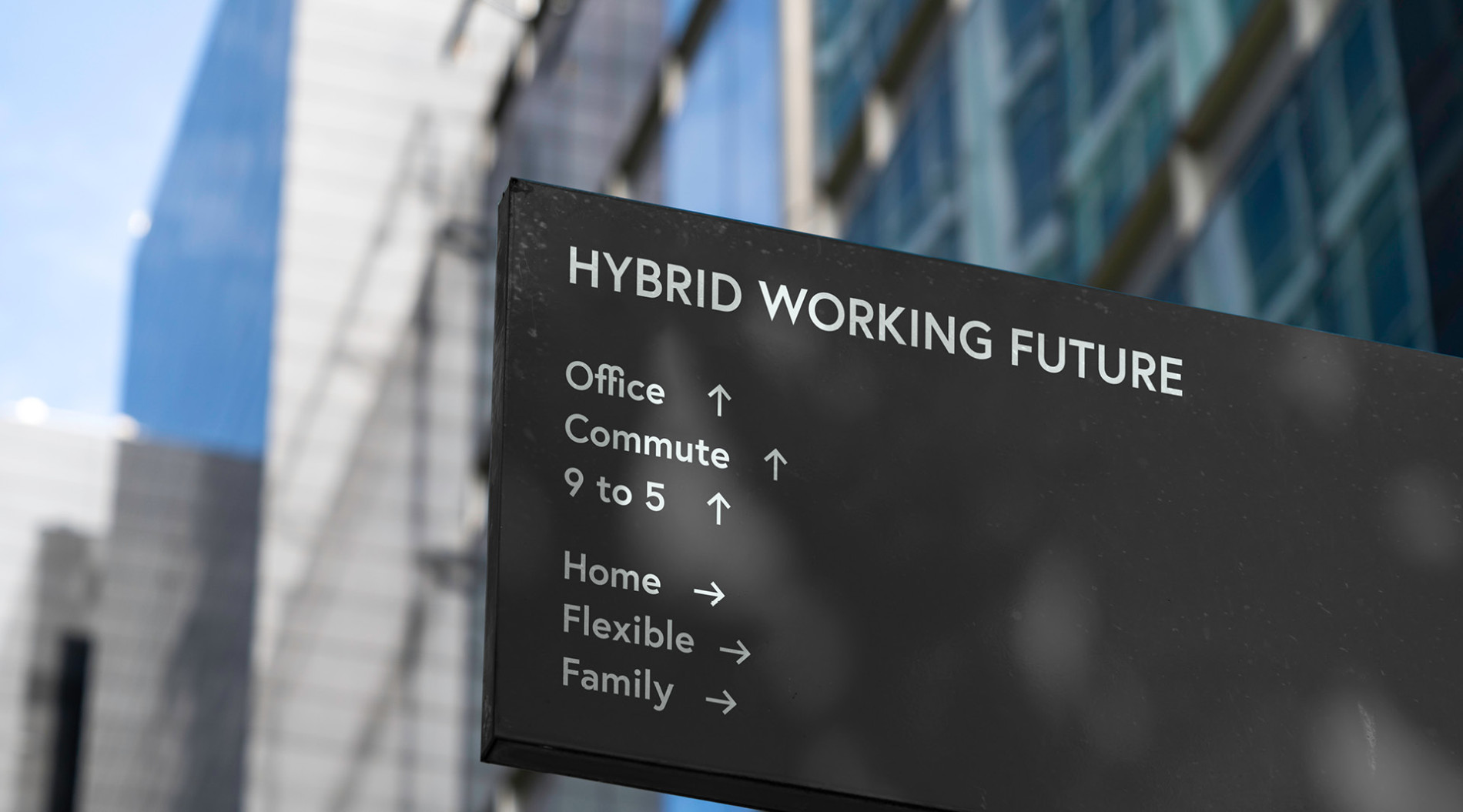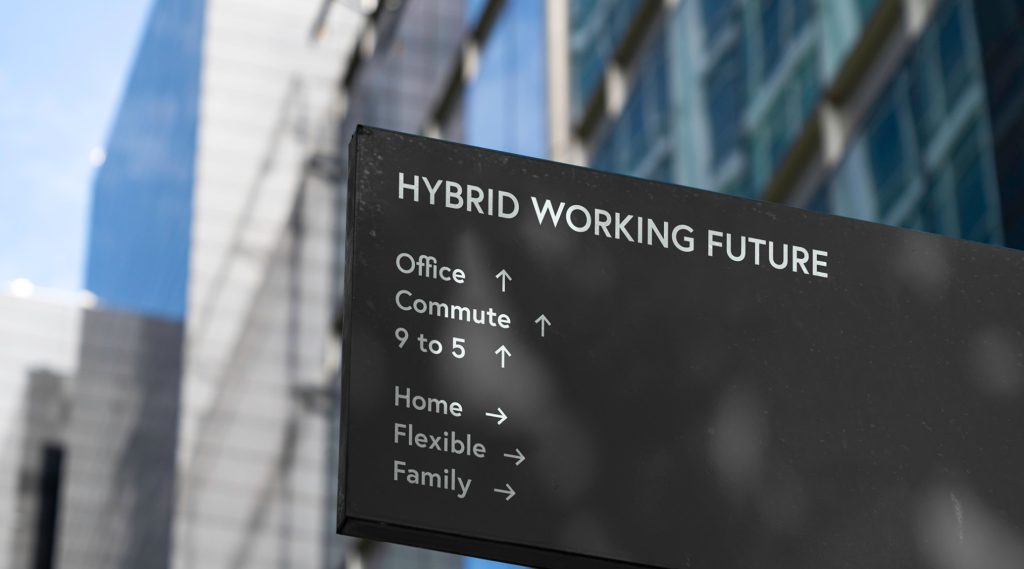5 Steps to Success: Our Ultimate Interview Preparation Checklist
Looking for job interview tips for finding a job in 2024? As the number two leading recruitment company globally, we’ve collected a few strategies to help you get ahead.
Positioning yourself is key: through knowledge of the company, the role, and the industry, as well as your strengths and fit within the company. Paint that picture for the interviewer and you make their job much easier. Let’s explore the actions you can take to help your interviewer make the decision to hire you.
The Key to Job Interview Success is Preparation
One thing you should never do is walk into an interview unprepared. There’s an abundance of information available online, and interviewers will be talking to many candidates. Be the one with well-thought-out answers, who makes an impression with a broad and deep understanding of the company and the industry.
1. Dive Deep into Their World
First, it’s time to flesh out the role — knowing what it entails is key. Read the job spec thoroughly, to gauge how the role fits into the team and the company. There are usually industry standards, but some roles have variances it’s important to understand.
Before your interview, make sure you’ve thoroughly researched everything you can. Pay particular attention to:
- The company, its industry, their clients, and any news you can find about the work they do.
- The company culture and leadership team.
- Challenges, difficulties, or triumphs they’ve experienced recently.
- Any personal connections you have to the company.
With information like this, you should be able to answer questions knowledgeably, easily inserting yourself, your achievements, and your network into the role you’re interviewing for.
2. Understand Yourself & Your Fit for the Role
The more you work on these next steps, the better you will interview.
One important way to differentiate yourself from your competition is through your soft skills. These are the skills that only humans can offer one another, like empathy, leadership, effective communication, and time management.
Examine your experiences, strengths, weaknesses, and areas that need improvement. See if there are natural fits between you and the company or the role. Be sure to have a response for how you manage your weaknesses effectively in the workplace.
3. Master Common Interview Questions
Many interviewees might be a perfect fit for a role, but they struggle to position themselves that way. There’s no shortage of practice interview questions online, but here are a few that are asked in nearly every interview:
“Tell me about yourself.”
This is your chance, usually your first, to highlight a few of your most central skills and talents. Try to introduce something about you that’s uniquely suited to the role. That’s a good segue into talking more about the job, rather than shutting it down by talking about something arbitrarily personal. Let the interviewer get to know you but try to use every opportunity you can to show how perfect you are for the job.
“Why are you interested in this role?”
This is your chance to position yourself within the company. Avoid saying anything negative about your current role or company. Try to position your desire to change jobs as moving towards something positive, rather than leaving something negative in search of greener pastures.
Frame your answer around your interest in the role at that company specifically. Many applicants have a ‘spray and pray’ approach to job applications which is why it’s key to ensure the interviewer believes that you have your heart set on this job.
“How do you handle conflict or stressful situations?”
This question is designed to show what you might bring to the table. There will be stressful situations — show your interviewer that you have a strategic, calm approach to conflict, and walk them through the actions you would take to resolve issues. Show that you’ve thought about your response, lived through the experience, and learned how to deal with difficult situations positively.
If you’re just entering the job market, talk about managing stress and conflict during any team-based work you’ve done, including group projects or casual work. This is where casual work can come in handy when applying for entry-level jobs.
“Where do you see yourself in the next five years?”
With this question, the interviewer is trying to uncover your ambitions, your projected career path, and your longevity with the company. Consider referencing the past, and a goal you’ve achieved. Then paint a picture of yourself working in the role you’re interviewing for, showing what you would add to the team and what you hope to learn.
A response like this shows how this move is natural, showing the interviewer that you’ve thought hard about your fit within the team and the company. Referencing the past is also a good way of showing that you are always working toward achieving your goals. Interviewers love to see that you’re keen to upskill to get into a position.
4. For Job Interview Success Ask Insightful Questions
Asking the interviewer key questions shows how much you’ve thought about the role. It shows initiative and confidence and gives you a chance to find out if there’s anything else you can share. Here are a few questions you could ask if given the chance:
- Who would I report to and who makes up the team I’d be working in?
- What does a typical day look like for this position?
- What is the company culture like?
- Why do you like working here?
- What does success look like for this role?
- Is there anything in my application that makes you unsure of me as a candidate?
These are just a few questions, but the options are endless. Ask about company culture, or whether the company has any opportunities for learning and growth.
5. Refine Your Approach with Practice, Practice, Practice
The best way to reduce those pre-interview butterflies? Practice. It might feel uncomfortable, but practice speaking your answers. A great way to do that is to record yourself answering questions.
Afterwards, analyse your answers, body language to see if there is room for improvement. Practice giving a variety of responses to different questions and see how natural you can be. It’s tempting to remember everything by heart but remember that you want to communicate your humanity as well as your skills. Practice, but try not to become robotic.
Prepare to Impress & Take the Next Step
Preparing for a job interview in 2024 requires a comprehensive, strategic approach. Following this job interview preparation checklist will help you position yourself as the ideal candidate — from thoroughly researching the company to showcasing your unique strengths and fit.
Remember — approach the process with confidence, self-awareness, and a genuine desire to contribute to the organisation. If you need further guidance or support in your job search, reach out to the team at Adecco. We’re here to help you navigate the market and connect you with the right opportunities.











